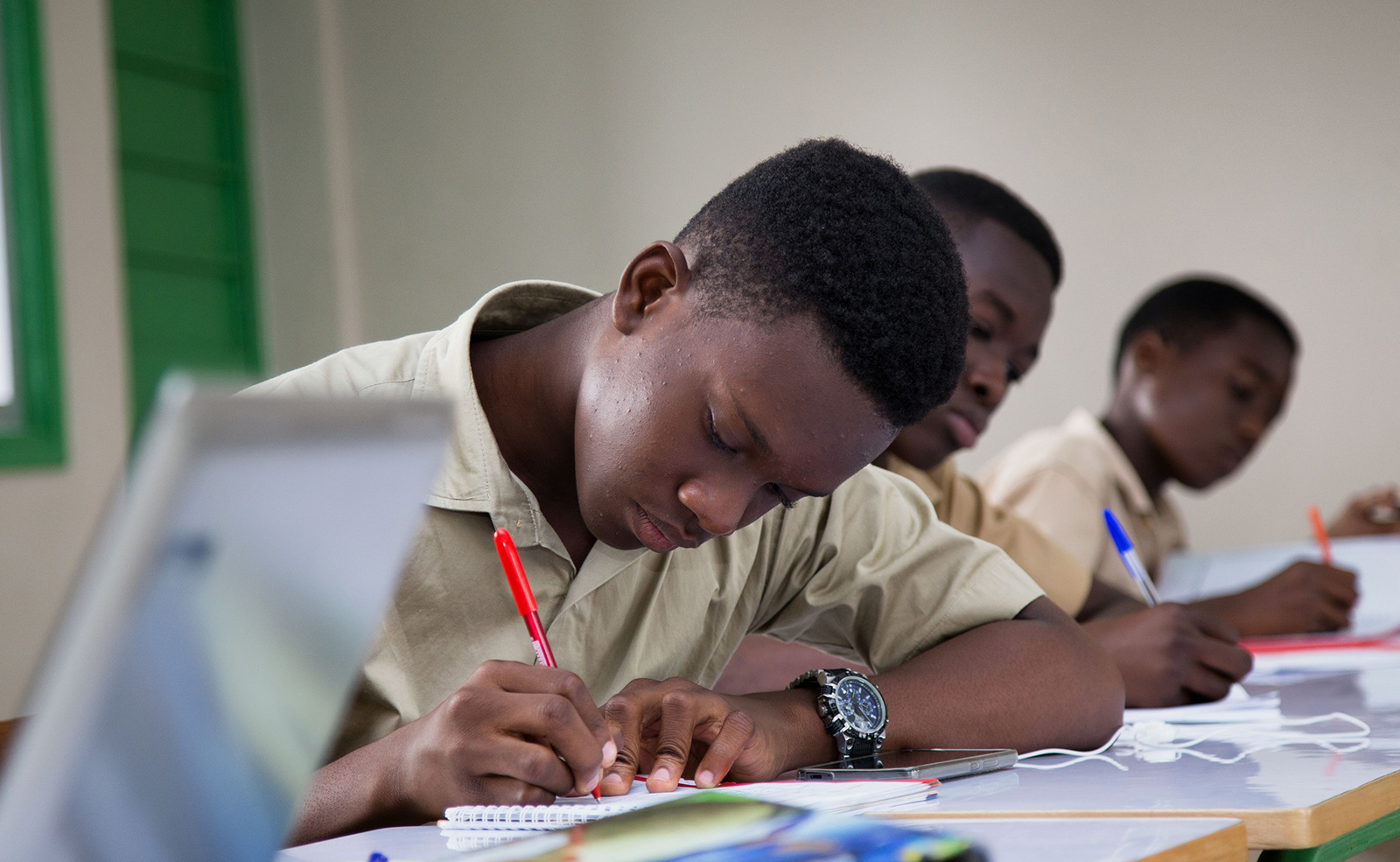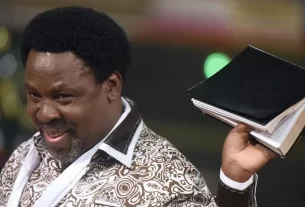Experts and stakeholders of the Kiswahili language in Tanzania and Kenya have said that native languages are important for children to be taught before starting school in order to develop the Kiswahili language that interacts with those native African languages.
Professor Edward Oyugi, one of Kenya’s native language experts, says that the time has come for the mother tongue to be encouraged in conversations with communities in the African continent with more than two thousand languages.
In Tanzania, Kiswahili experts and stakeholders have encouraged the importance of preserving the original languages by writing books and dictionaries as a legacy of the original languages for future generations.
Professor Oyugi’s remarks were made one day after the International Mother Language Day was celebrated to help strengthen the culture of various tribes.
Experts say that writing books and dictionaries of those languages is an important way to transfer knowledge to future generations and promote the native language, as gradually those languages will be in danger of disappearing.
In addition, they have said that books can be solid sources of learning and teaching, and can also contribute to strengthening the use and well-being of the language.
Dr. Seleman Sewanji, has called on the community to participate in those efforts. Emphasizing the importance of everyone who has knowledge of their language to write dictionaries or cultures related to those languages. By doing so, they can contribute significantly to improving and promoting the Kiswahili language.
“I am calling on the community that if there is someone capable of writing a dictionary of their language or cultures related to that language, publish it and make it public. This will greatly help to enrich our Kiswahili language,” emphasized Sewanji.
Tanzania is estimated to have about 120 native languages and Kenya more than sixty. English and Kiswahili being the official languages of the nation.
Scholars express concern due to the possibility of the loss of these languages due to the effects of globalization, the increase in international communication, technology, and social changes have encouraged people to move to use foreign languages, especially in urban environments.
Dr. Mwanahija Ali, the Executive Secretary of the Zanzibar Kiswahili Council, has said that the disappearance of the mother tongue in society will have a great impact on future generations not knowing their culture because there is enough culture within the mother tongue.
“Therefore, if the mother tongue is lost, culture will be lost because within the mother tongue there are all kinds of culture, such as clothing culture and food culture.”
According to the constitution of Kenya, the government has the responsibility to strengthen the mother tongue in all ethnic groups in the country. Professor Oyugi explains why the time has come for the mother tongue in Africa to be encouraged in conversations with society.
“Maintaining the speaking of the mother tongue in Africa is important for the full preservation of those languages. The mother tongue quickly recognizes the community that speaks it. The continent of Africa has a great wealth of speaking the mother tongue, taking into account that Africa has more than two thousand languages “Many of the misfortunes of this mother tongue are about to disappear completely because the acting of foreign languages in the world. The acting has contributed to a large part in the extinction of the mother tongue in Africa,” Professor Oyugi.
By emphasizing education through multiple languages, society can strengthen the process of self-education and ensure the legacy of knowledge and culture is passed on to future generations.




